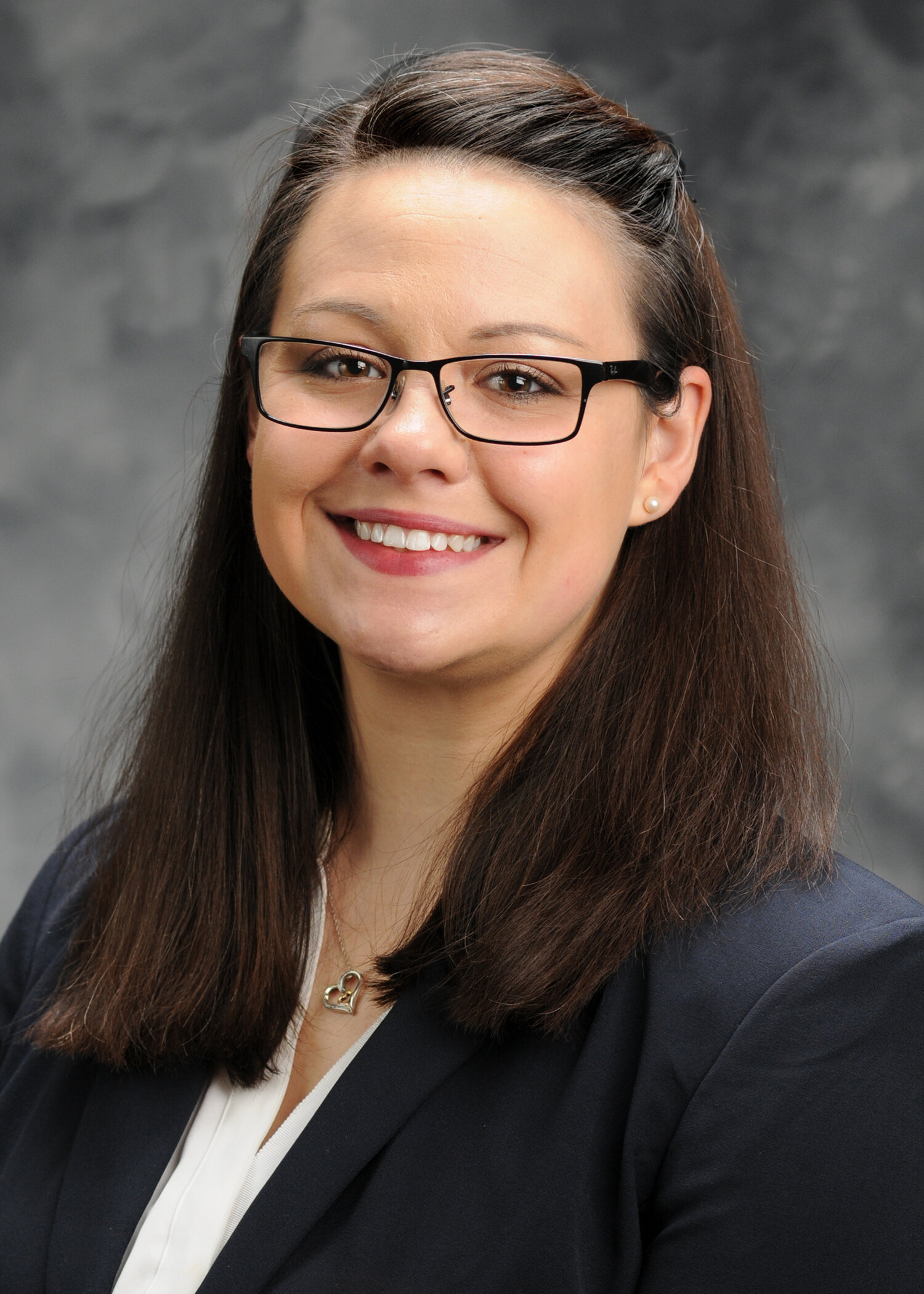Get Started on Your Graduate Degree Online Today!
This degree is an innovative approach to joining the demands of employers wanting employees with advanced degrees with customizable degree plans to meet the interests and time demands of students. The program is a unique way to build the knowledge base and academic proficiency of students who would like to further their education in a professional school.
Who should pursue this degree?
Students interested in obtaining jobs in a whole host of areas, including Extension work, teaching, sales, marketing, finance or production should pursue this degree.
Tuition & Fees
| Tuition per credit hour | $581.00 |
| Instructional Support Fee per credit hour | $25.00 |
Tuition and fees listed are subject to change and do not include all possible charges. Additional fees may apply. Please refer to the master class schedule for individual course charges.
What are some potential careers?
An advanced degree in Animal and Dairy Sciences can afford you numerous career opportunities. Many companies involved in animal agriculture are seeking individuals who bring the experience of advanced coursework and the ability to conduct and interpret research to their businesses. In addition to jobs in the animal feeding, breeding, production and health management industries, an advanced degree in Animal and Dairy Sciences can also give you an advantage in the basic and molecular sciences.









